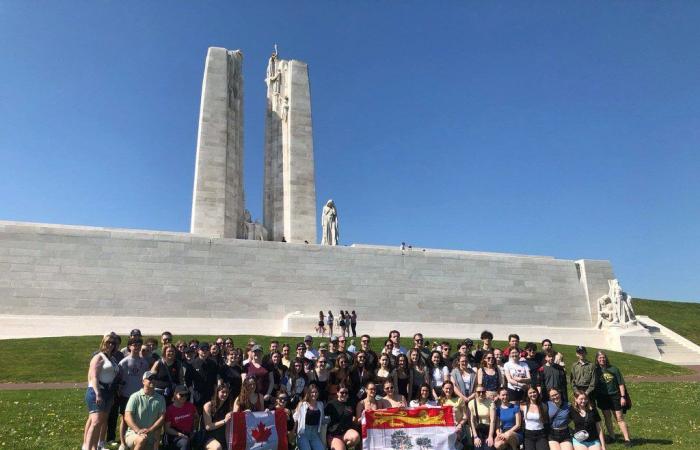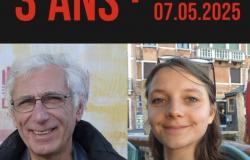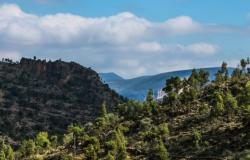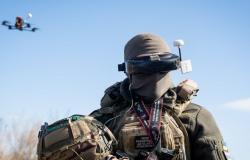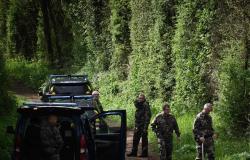While the Netherlands celebrate the 80th anniversary of the country’s release by the Canadian army, more than 1,000 Canadian students will participate in events during which they should feel both the horror of the war and the veneration of the Dutch for their liberators.
More than 175,000 Canadians fought in the first Canadian army in the Netherlands between September 1944 and May 1945. In the number, 7,600 were killed during the campaign aimed at freeing the country of the German occupation which had lasted for five years.
The fighting ended on May 5, 1945, when general of Canadian corps Charles Foulkes accepted the surrender of German troops to the village of Wageningen.
David Chisholm, deputy director of the Three Oaks Senior High School, in Summerside, at the Prince Edward Island, is a former history teacher who has long been passionate about Canadian veterans.
His school is one of the five in the province to participate in the trip which, he hopes, will breathe the same passion for his students.
“We make sure that children are in contact with their own family and their own community. They carry out projects, do research and have links with local veterans, “he said.
Mr. Chisholm was in the Netherlands for the celebrations of the 65th and 70th anniversaries of the Liberation.
“I was able to discover what it is to be Canadian during the Liberation and the celebrations. They will really see what it is to be Canadian and to be venerated. ”
“It’s very powerful”
Amy Meunier, assistant deputy minister responsible for commemoration and public affairs at Veterans Canada, said that his ministry was trying to help groups of students participate in various ceremonies, although they are not part of the official delegation of Canada.
Ms. Meunier, who has worked for the ministry for 20 years, says that interest in travel in the Netherlands during the Liberation celebrations only increased during this period.
“I think this is largely due to the role played by Canada teachers and groups of veterans who go to schools and chat with the students to arouse their interest,” she said.
According to Ms. Meunier, the possibility for Canadian students to directly feel the gratitude of the Dutch people also leaves a lasting impression. This occurs in different ways, especially during individual conversations.
“We see it every day. There are always young Canadians at events and we see these informal links create themselves and it is very powerful, “she said.
The group of Ile-Prince Edouard began his trip to France, where he visited Thursday the commemorative monument of the determining victory of Canada during the First World War, at the Crête de Vimy. The imposing limestone monument, which overlooks the Douai plain from the highest point of the ridge, bears the names of more than 11,000 Canadian soldiers who have been missing during the conflict.
Ian Sharpe, a 12th year student in Three Oaks, was moved by his visit.
“We can appreciate it through photos, but seeing it in real life is breathtaking. It is difficult to express, “said the 17 -year -old young man during a telephone interview from the national historical site.
These students of the Prince Edward Island also visited the military cemetery of Thelus, near Vimy, then went to several battlefields in Belgium, before attending ceremonies in the Dutch city of Bergen OP Zoom, where a Canadian military cemetery is located. They will place a plate there on the tomb of soldier Alvah Ray Leard, on behalf of his family.
Mr. Leard, originally from Northam, on Ile-Prince-Édouard, was killed in combat at the age of 22, September 26, 1944.
The discovery of Canada’s contribution was a revelation for Ian Sharpe.
“As I approach the trip, we did research to prepare for the events of the Liberation, and it appeared clearly that we had played an important role in the Liberation,” he said.
Jackie Shaw, teacher at St. Stephen Catholic Secondary School in Bowmanville, Ontario, thinks that celebrations will be a real revelation for the group of 13 students from her school.
Shaw said her students will participate on Sunday in a silent “liberation march” at Bergen OP Zoom, which will end in the Canadian military cemetery.
According to her, students have gradually become aware of the importance of Canada’s contribution to war.

